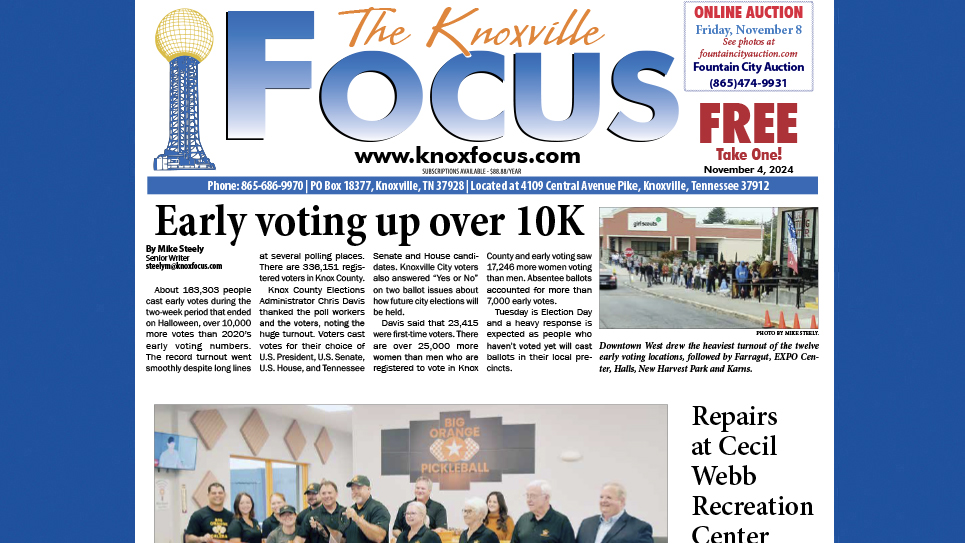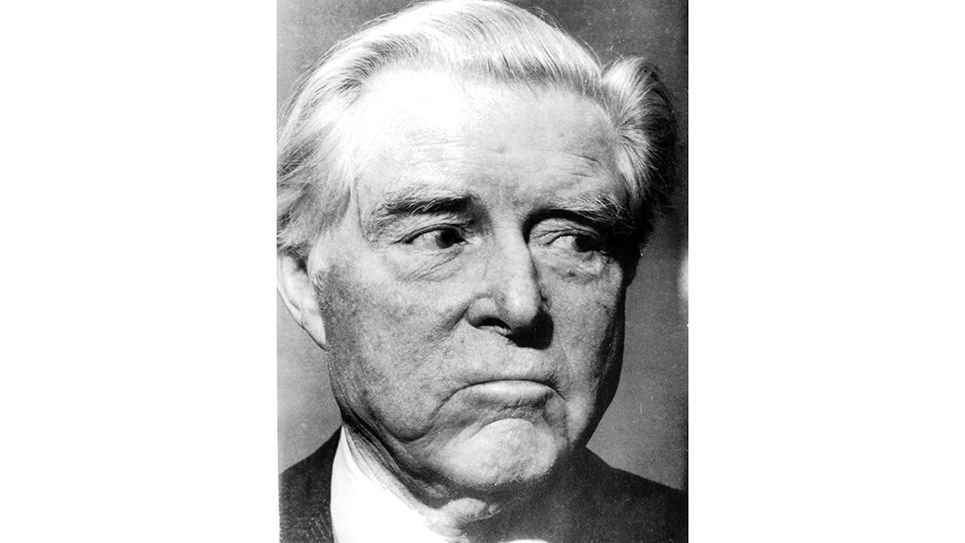Eleanor Roosevelt once observed that intellectuals function in the realm of ideas, whereas average folks concentrate on events of the day and the rest focus on people. Life magazine once challenged our minds, but was replaced by Newsweek. Popular demand soon led to People Magazine and then to one called Self. I don’t believe Mrs. Roosevelt’s comments were elitist as much as observations on cultural focus. Some might argue that Americans have become more self-absorbed, and I’ve written about the similarities of post-modern America to Roman culture in the first century AD. Mrs. Roosevelt was a unique person, a devoted mother, and a champion for civil rights before even her husband thought it prudent.
There is a danger of seeing people too narrowly. Though I disagree with virtually all of Obama’s policies, I perceive him as a good father to his daughters, just as I try to be for mine. We have, at least, this most important aspect of life in common. I heard once that raising a child is the most important job you’ll ever have – perhaps it’s true of grandchildren as well.
As an internist I look for the basic mechanisms or fundamental principle of disease. At one point my science led me to focus not on a person with a problem, but on the disease in a patient. There is a subtle yet critical difference. I once organized my work around my office practice and hospital visits. I used to think in terms of the “pneumonia case in room 538” rather than Mr. Jones’ struggle. We were scientists in those halcyon days of my training where science was preeminent. Just like Mrs. Roosevelt, the concepts were greater than the events and certainly trumped the individual. I now recognize the hubris and the error of those early days.
Scientific reductionism is a process where a complicated issue is broken down in an attempt to understand the integral parts. The presumption being that understanding the parts will lead to an understanding of the whole. The ancient Greeks first considered the scientific method to explore the world around them. Hippocrates was the first to posit that disease was caused, not by the displeasure of the gods, but from causal agents in nature. Democritus in a thought experiment imagined a fundamental building block of all matter which he posited could not be cut. The Greek word for cut is tom. Place an “a” in front of tom and you get “atom,” a fundamental particle that can’t be split.
We now know that atoms can be split into more fundamental parts we call protons, neutrons and electrons. And these are made of even smaller units called quarks which come in six types or “flavors”. Perhaps the parts continue to get ever smaller. We don’t know because humans are now at the limits of our vision even augmented by science. And so everything comes full circle, and I now understand that people are more fundamental than their disease. Tipp O’Neal may have been right when he said, “All politics is local.”
For the first thirty years of my life my emphasis was on the science of medicine. I haven’t abandoned this useful tool of observation, but I’ve augmented my visual horizon with thirty years of study of the humanities and religion. Physics is the scientific study of matter and the forces of nature. During The Enlightenment science again became the preeminent method of human inquiry. Physics tells us that photons of energy produced in the sun stream across space to interact with dust particles in earth’s atmosphere to produce an orange-red sunset. Romantic period thought rebelled against this cold and austere scientific description and asked: where is the notion of beauty in the sunset? Does a photon strike the retina or the soul?
Metaphysics comes from Greek “meta physika” (after the things of nature). In other words, it asks if there is more to a sunset than photons and more to a man than his brain. We are past Valentine’s Day, but I’ve been thinking about love that, like beauty, is a metaphysical concept. The Greek language has four different words for love: philia is brotherly love or friendship; eros is erotic love or pleasure; agape is sacrificial or spiritual love; and storge is the natural love of a mother for her child or tolerance of your brother-in-law.
English defines love with descriptive modifiers. We differentiate the love of chocolate from that of newlyweds on a honeymoon. In Psalm 18 David says, “I love you, Lord, my strength.” In thinking about this verse I find it difficult to feel about God as I do my grandson. The concept of love may be even larger than we imagine. Merriam Webster lists synonyms for love and includes devotion, appreciation, desire, cherish and even reverence.
I believe that stories in the Bible are there as teaching tools. Recall the story of Moses encountering the burning bush in Exodus. Moses asks God for His name because names in antiquity defined the character of a person. God mysteriously replies, “I am that I am.” In other words, He is beyond our words, our imagination and our physics.
I believe man is incapable of full knowledge of a universe that stretches from quasars to quarks and perhaps beyond. The philosopher and theologian Paul once said “we see dimly as in a mirror,” and they had pretty crummy mirrors 2000 years ago. Does it disturb me that I don’t know everything? No. History and wisdom writings demonstrate that hubris (arrogant pride) “goes before the fall” (Proverbs 16:18). In fact, I embrace my limitations even though I now see further because my vision is augmented by the humanities and the Spirit.
So who is or what is God? Wisdom holds that the metaphysical, ineffable God is spirit and is best recognizable to us as love. This creative and sustaining force resides in each of us, is available to those who seek Him, and guides those who are wise.
Food for thought…






